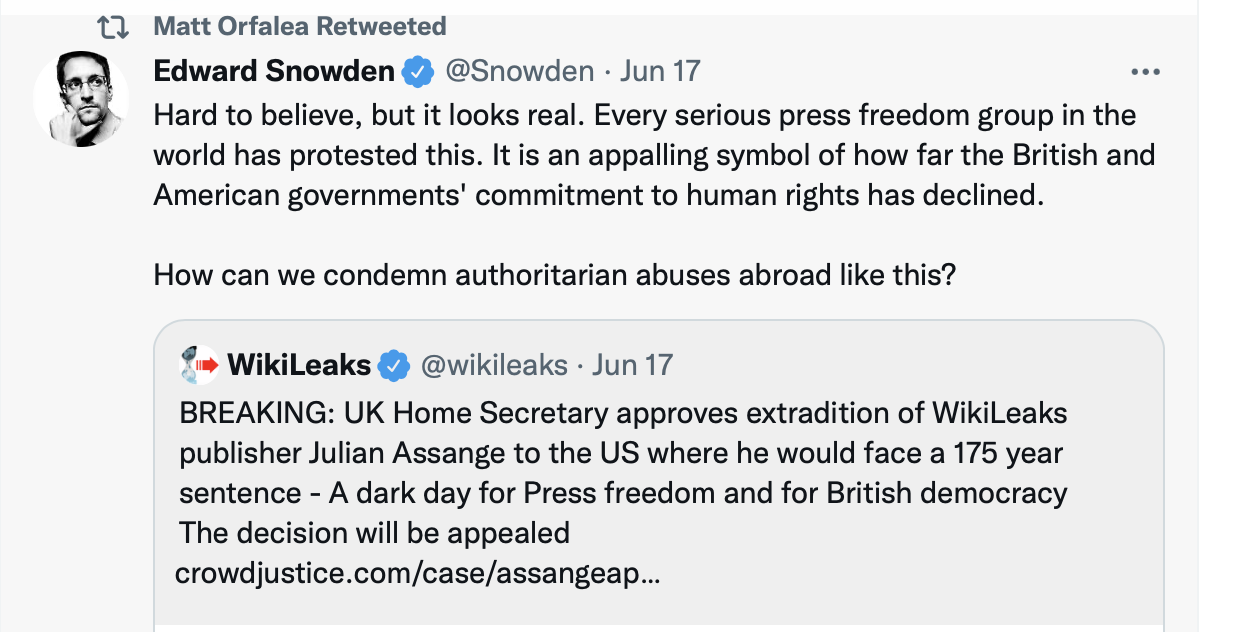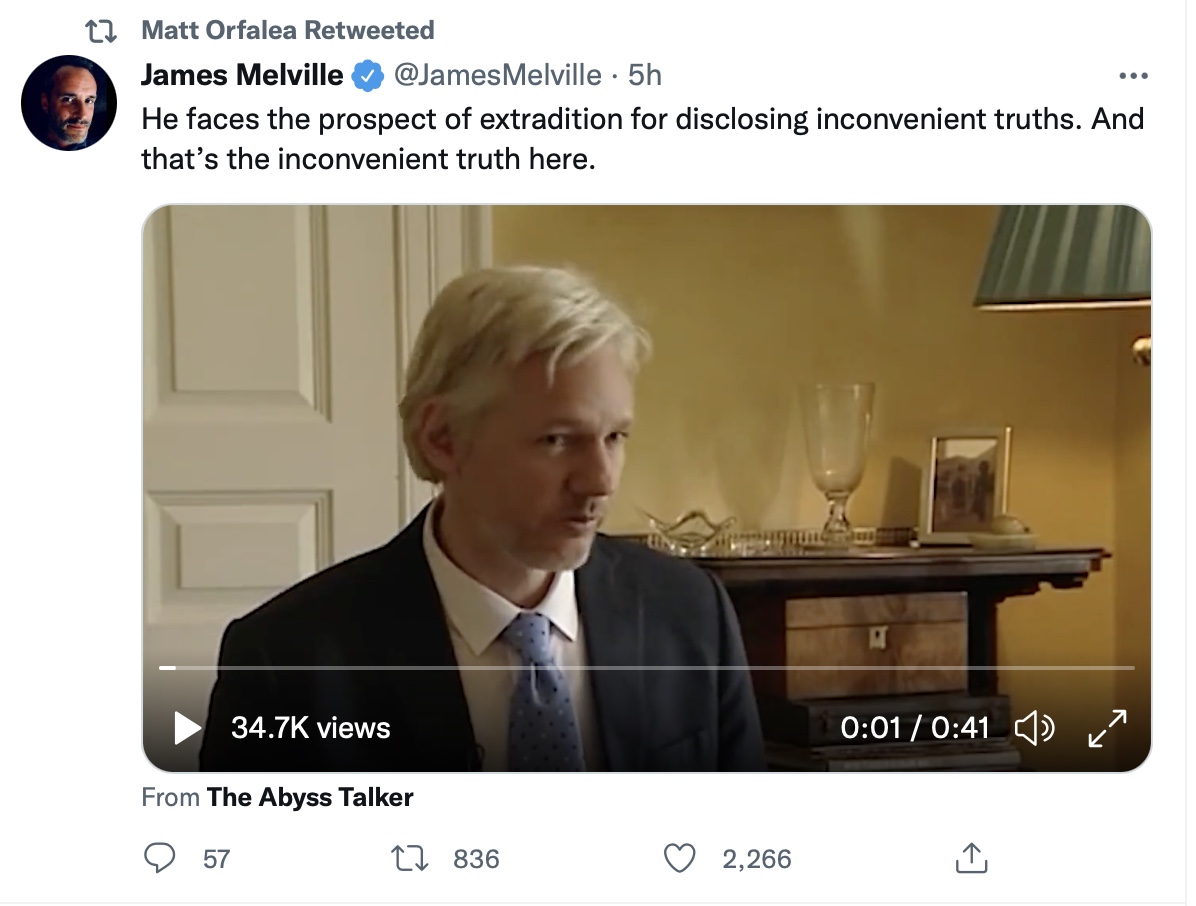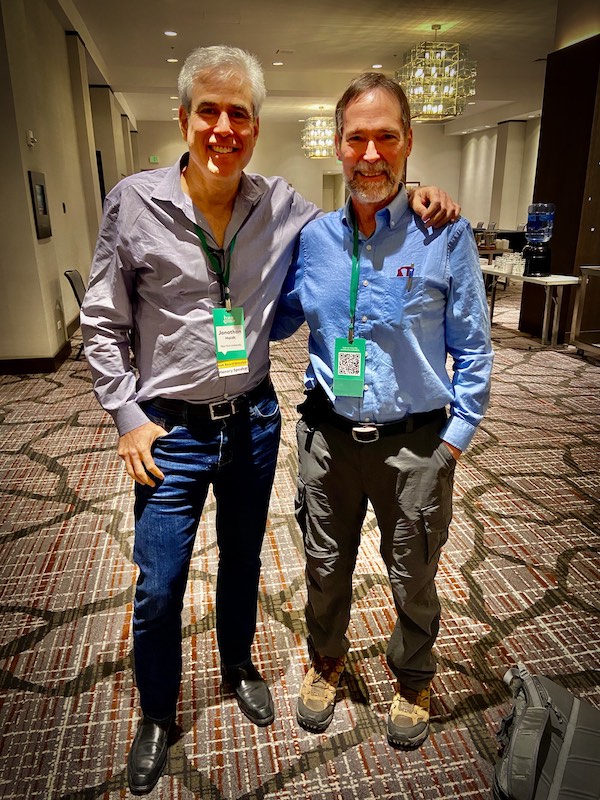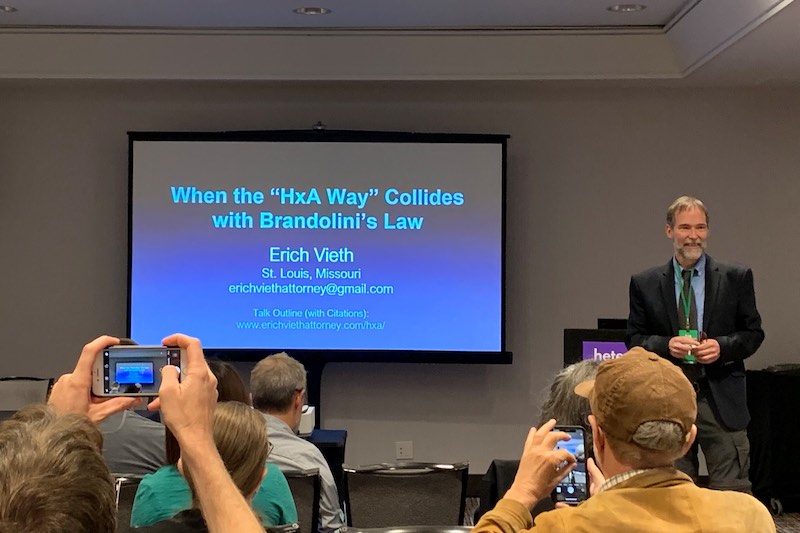Heterodox Academy National Conference in Denver, Colorado
I am now back home after attending the national conference of Heterodox Academy in Denver. HxA's slogan is "Great Minds Don't Always Think Alike." Highlights included meeting many thoughtful people. This included a chance to talk with Jonathan Haidt. Presenters included Glenn Loury, Erec Smith, John McWhorter, Roslyn Clark Artis, Matt Yglesias and the HxA's new President, John Tomasi. I delivered a one-hour presentation, "When the “HxA Way” Collides with Brandolini’s Law." Here's the synopsis:
Brandolini’s Law, also known as the “bullshit asymmetry principle,” states that “the amount of energy needed to refute bullshit is an order of magnitude larger than is needed to produce it.” When applied to daily interactions, this means that the longer some conversations go on, the less meaningful they become. While we may do our best to diligently practice the “HxA Way,” others may still fling ad hominem attacks or use weak arguments, false dichotomies, and uncharitable interpretations that drag things down. In this session, Erich Vieth will explore these common frustrations and offer strategies – drawn from his experience as a trial lawyer – to help keep contentious conversations on track.
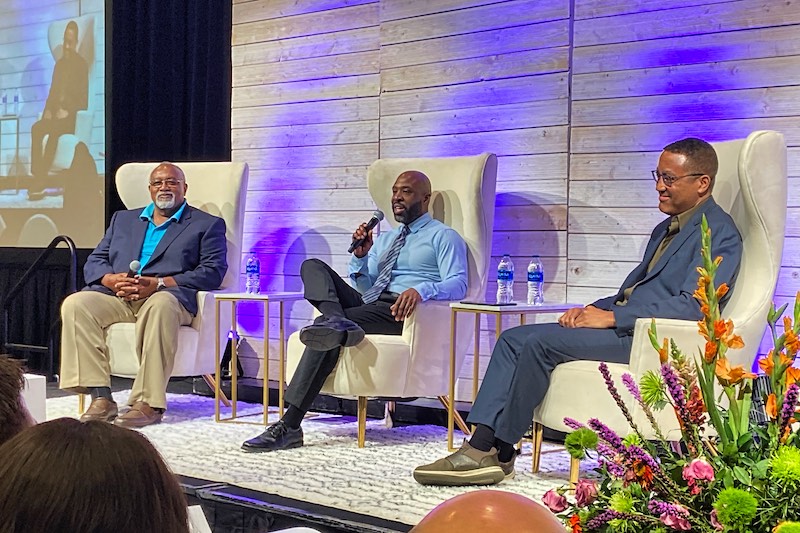
Glenn Loury, Erec Smith and John McWhorter[/caption]
Taboo Story is Reported by Matt Taibbi: Women with Penises Raping Women Without Penises in Women’s Prisons
Matt Taibbi has shed light on this taboo story: "The World's Most Taboo Legal Case: While the media world wept over Amber and Johnny, a lawsuit filed by a feminist group over prison sexual abuse remained earth's most ignored scandal. Here is an excerpt:
"On November 17, 2021, the Women’s Liberation Front, or WoLF, filed a class-action lawsuit in California that drew almost no coverage. A press corps gearing up to be outraged en masse by the Amber Heard-Johnny Depp defamation case had zero interest in a lawsuit filed by far poorer female abuse victims. Janine Chandler et al vs. California Department of Corrections targeted a new California state law, the “The Transgender Respect, Agency, and Dignity Act,” a.k.a. S.B. 132. The statute allows any prisoner who self-identifies as a woman — including prisoners with penises who may have stopped taking hormones — into women’s prisons. There was nothing TV-friendly about the scenes depicted in the complaint:
"Plaintiff Krystal Gonzalez (“Krystal”) is a female offender currently incarcerated in Central California Women’s Facility. Krystal was sexually assaulted by a man transferred to her unit under S.B. 132. Krystal filed a grievance and requested single-sex housing away from men; the prison’s response to Krystal’s grievance referred to her assault by a “transgender woman with a penis.” Krystal does not believe that women have penises…"
Chandler is the headline legal action in a nationwide battle over whether or not prisoners who self-identify as women, including those with histories of rape or sexual abuse, should be allowed to transfer to women’s correctional facilities. There have been both official and unofficial policy changes on this front in a growing collection of states across the country. These often happen little to no public debate, because this issue may be the most impenetrable media taboo in America now. The group bringing the suit, WoLF, has been targeted from every conceivable angle by pressure and censorship campaigns.
[There is a] a growing schism on what was once the political left. The ACLU just proudly announced an attempt to challenge Chandler with other “LGBTQ organizations.” It’s weird enough to see the ACLU — which historically has used most careful language in defending everyone from Neo-Nazis to NAMBLA — issue a press release bluntly describing a feminist organization like WoLF as “bigoted.” It’s weirder still when the complainants are women, many with extensive histories of sexual abuse, suing on behalf of a community that is disproportionately LGB, as 42% of incarcerated women identify as lesbian or bisexual.
Jonathan Haidt’s Dire Prognosis for America
Jonathan Haidt is a Co-Founder of Heterodox Academy, which encourages viewpoint diversity in American Colleges and universities. Haidt was recently interviewed by Jacob Hess of Desert News. He is not in a mood to offer false hope. Here's an excerpt:
If we do not make major changes soon, then our institutions, our political system, and our society may collapse during the next major war, pandemic, financial meltdown, or constitutional crisis.” Although always pointing to possible steps we might take, Haidt adds that there is “little evidence to suggest that America will return to some semblance of normalcy and stability in the next five or 10 years. . . .
Standing up and defending others is hard for most. Everyone is afraid for their reputation. Everyone hates being shamed. What we most need is for leaders of institutions to stand up. That has been the spectacular failure of the late 2010s — that leaders of universities, of The New York Times, of our knowledge-centered institutions, have failed to stand up for the mission of their institutions. I don’t expect everyone to care about the whole truth, but professors should — and any academic institution should. They have a duty to stand up for the end or purpose of their institution. And if they can be made to know that the great majority of people support them, I think they would be more likely to stand up.
- Go to the previous page
- 1
- …
- 122
- 123
- 124
- 125
- 126
- 127
- 128
- …
- 506
- Go to the next page

